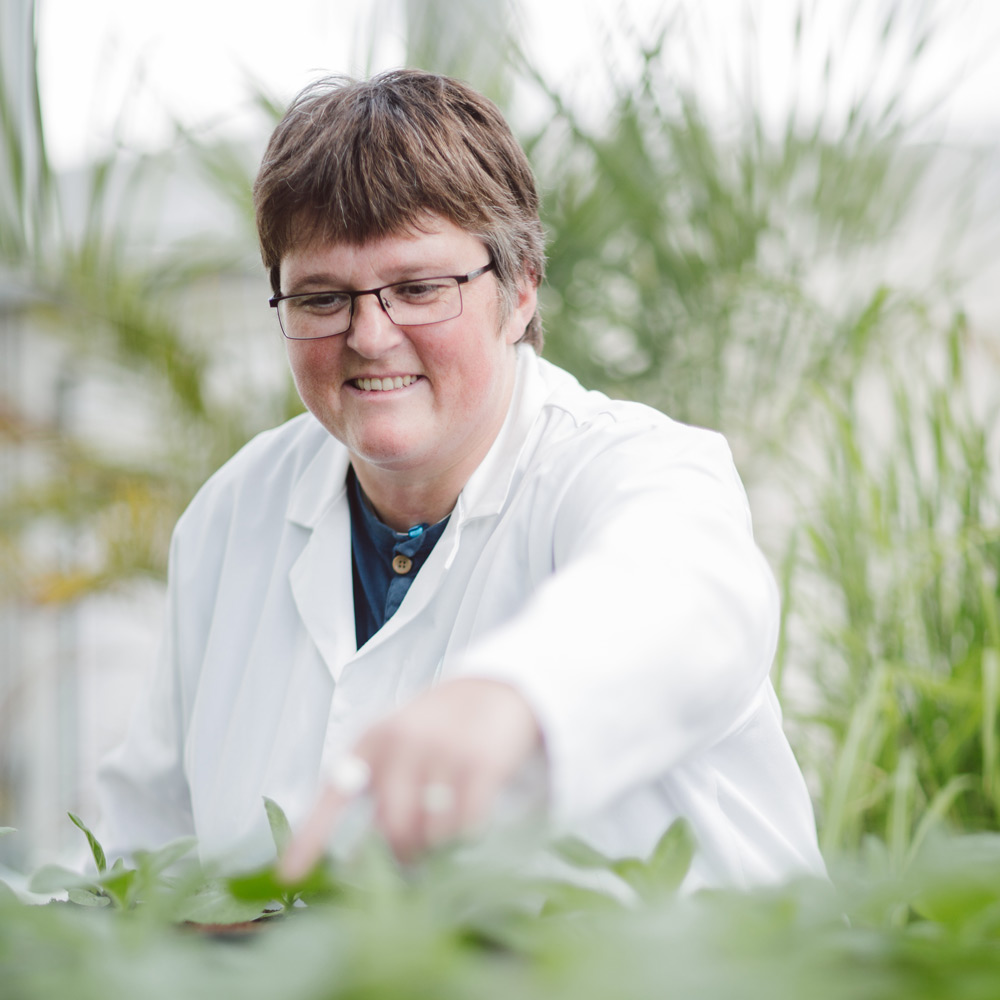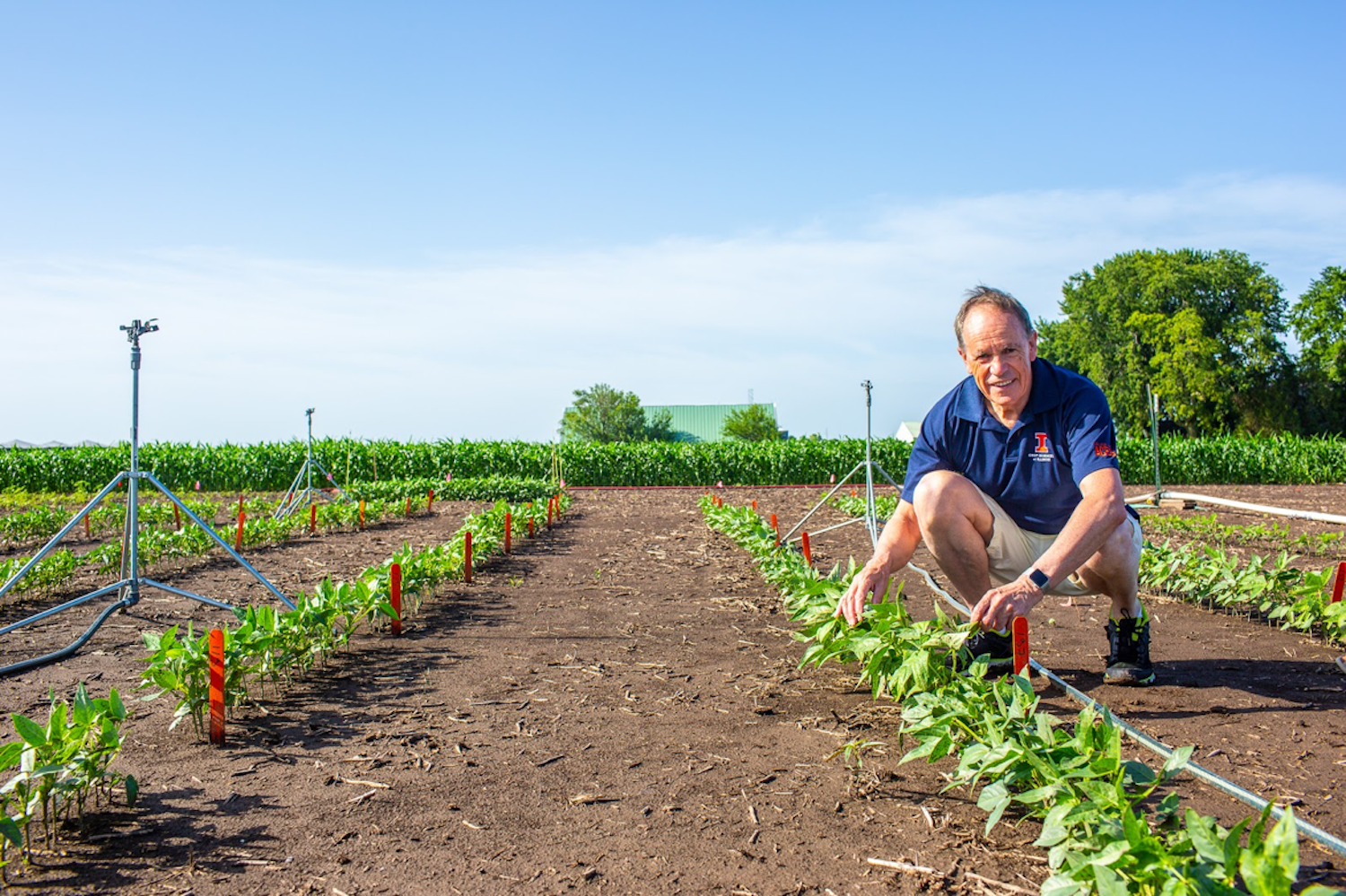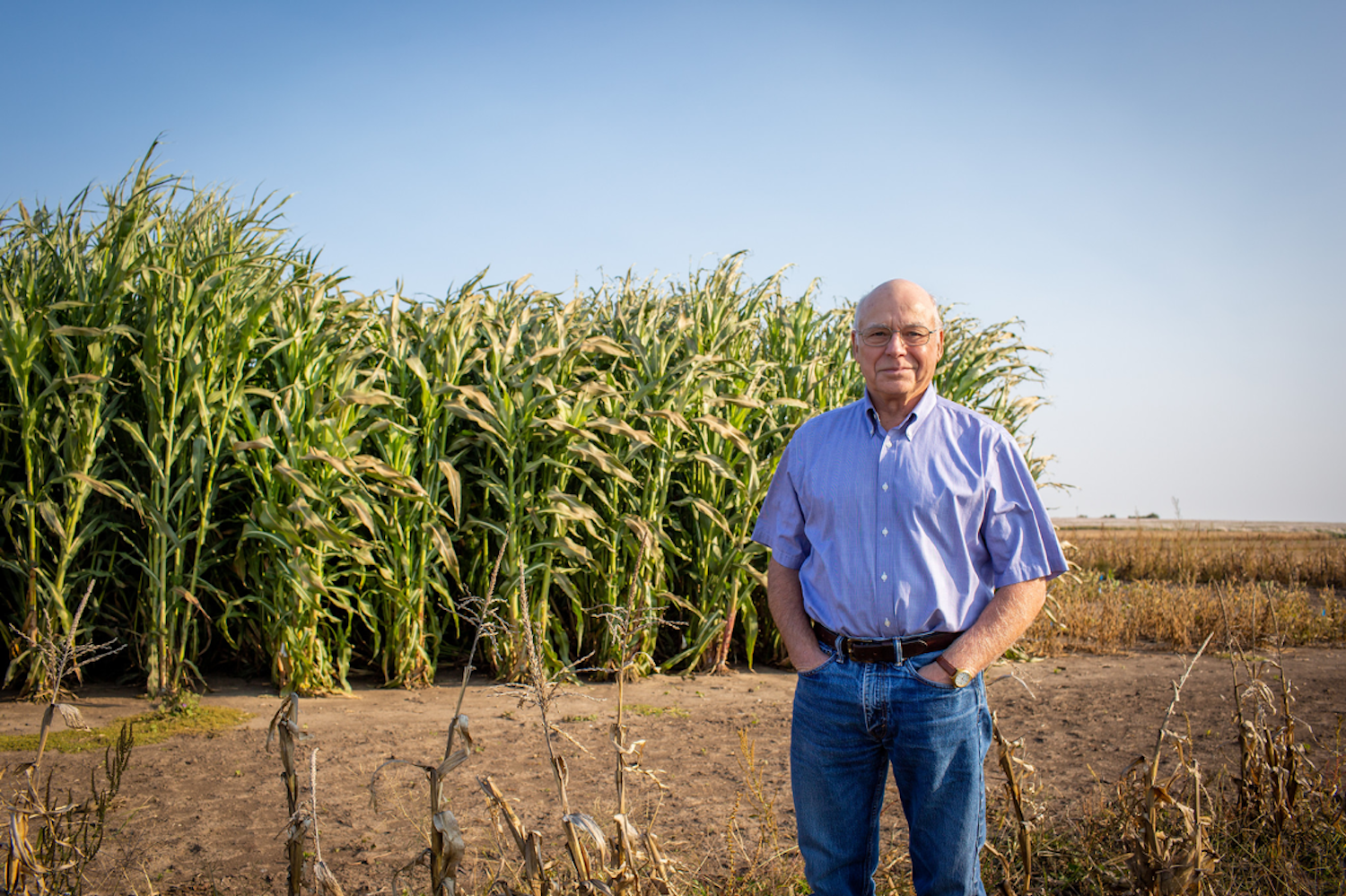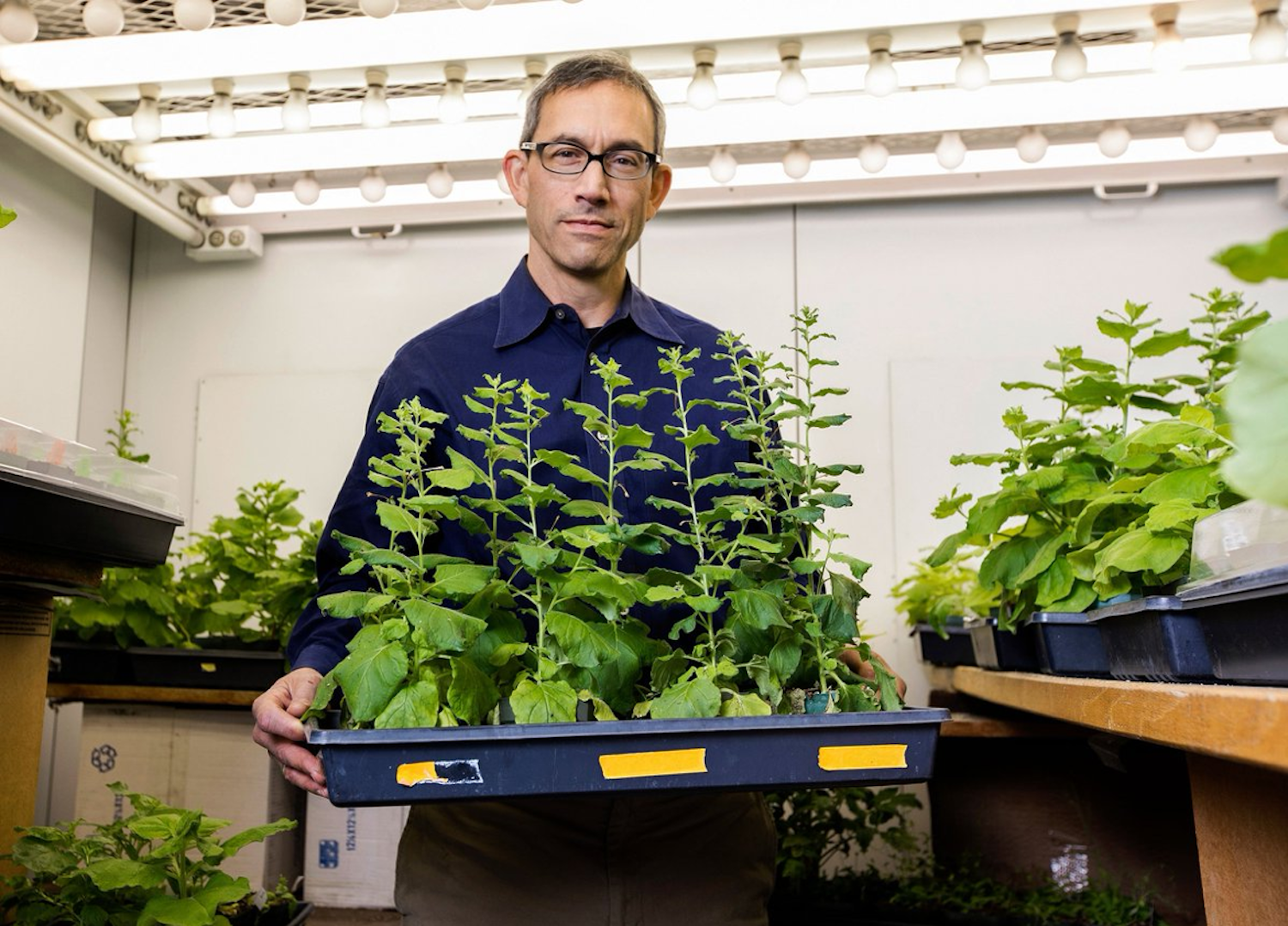Photosynthesis researchers rank among 2020’s most influential scientists
CHAMPAIGN, Ill. — Four members of Realizing Increased Photosynthetic Efficiency (RIPE) were among 6,167 researchers recognized by Clarivate as Highly Cited Researchers—an achievement earned by those who have published multiple papers ranking in the top 1% by citations across 21 disciplines over the past decade.
The list helps define the “who’s who” of influential researchers based on data and analysis performed by bibliometric experts and data scientists at the Institute for Scientific Information™ at Clarivate. Each citation indicates the value of a contribution to the field. A body of work that earns a spot on the list of Highly Cited Researchers is noteworthy.
RIPE, which is led by the University of Illinois, is engineering crops to be more productive by improving photosynthesis, the natural process all plants use to convert sunlight into energy, and ultimately yield. The RIPE project is supported by the Bill & Melinda Gates Foundation, Foundation for Food and Agriculture Research, and U.K. Foreign, Commonwealth & Development Office.
This year, RIPE’s Tracy Lawson (University of Essex), Director Stephen Long (University of Illinois), Deputy Director Donald Ort (University of Illinois), and Executive Committee Member Krishna Niyogi (University of California, Berkeley) were named Highly Cited Researchers.

Tracy Lawson is a professor of plant biology and director of the Plant Phenomics Lab at the University of Essex. Her research focuses on photosynthesis, stomatal behavior, and water-use efficiency at the leaf and whole plant level. Her team’s ultimate goal is to understand the impact that the changing environment has on these processes, and how to modify plants to grow more efficiently to feed the world.
“I am grateful to work alongside such talented people who believe in the power of teamwork,” Lawson said. “This spirit of collaboration that is key to advancing our mission of feeding the world, making this achievement a true team effort and accomplishment.”

RIPE Director Stephen P. Long is the Ikenberry Endowed University Chair of Crop Sciences and Plant Biology at Illinois and Distinguished Professor in Crop Sciences at Lancaster University.. His work aims to understand and address the effects of climate change on crop production at the Carl R. Woese Institute for Genomic Biology (IGB). He uses computational and bioengineering approaches to modify photosynthesis in food and bioenergy crops. His work has landed him on the list of Highly Cited Researchers every year since 2005.
“Although these awards are given to individuals, it should be seen as a team award dependent on many co-workers listed in the publications, collaborators, sponsors, and institutions that make this work possible,” Long said. “Here at the University of Illinois, we receive tremendous support and resources, such as the High Performance Computing Facilities, the Carl R. Woese Institute for Genomic Biology, and the Agricultural Experimental Station, which includes the Energy Farm and SoyFACE, to accomplish this work that is contributing to a more food secure world.”

Don Ort is the Robert Emerson Professor of Plant Biology and Crop Sciences at Illinois. He is the Deputy Director of the RIPE project and the director of research and development for the Center for Advanced Bioenergy & Bioproducts Innovation (CABBI). Currently, he is serving as the interim director of the IGB. His research is dedicated to improving photosynthesis and addressing crop responses to global climate changes including increasing carbon dioxide levels, temperature stress, and drought. He has made the list every year since 2016.
“We need to continue to make progress in this area of research, and our private-public partnerships are vital to sustaining these efforts,” Ort said. “Every solution is the product of decades of research and support. This chain of discovery is vital to understanding the challenges and opportunities to develop resilient, productive crops needed this century.”

Krishna Niyogi is a professor of plant and microbial biology at the University of California, Berkeley, and a member of the RIPE Executive Committee. His research goals are to understand how photosynthetic energy conversion works, how it is regulated, and how it can be modified and improved to meet the world’s future food demand.
“I appreciate this honor, which recognizes the research of many outstanding students, postdocs, and collaborators,” Niyogi says. “It is an even bigger honor to work alongside high-achieving and dedicated colleagues in our efforts to improve photosynthetic efficiency in crops. Together, we are pursuing groundbreaking research to help farmers on a global scale.”
Realizing Increased Photosynthetic Efficiency (RIPE) aims to improve photosynthesis and equip farmers worldwide with higher-yielding crops to ensure everyone has enough food to lead a healthy, productive life. RIPE is sponsored by the Bill & Melinda Gates Foundation, the U.S. Foundation for Food and Agriculture Research, and the U.K. Foreign, Commonwealth & Development Office.
By: Claire Benjamin || RIPE Communications Manager